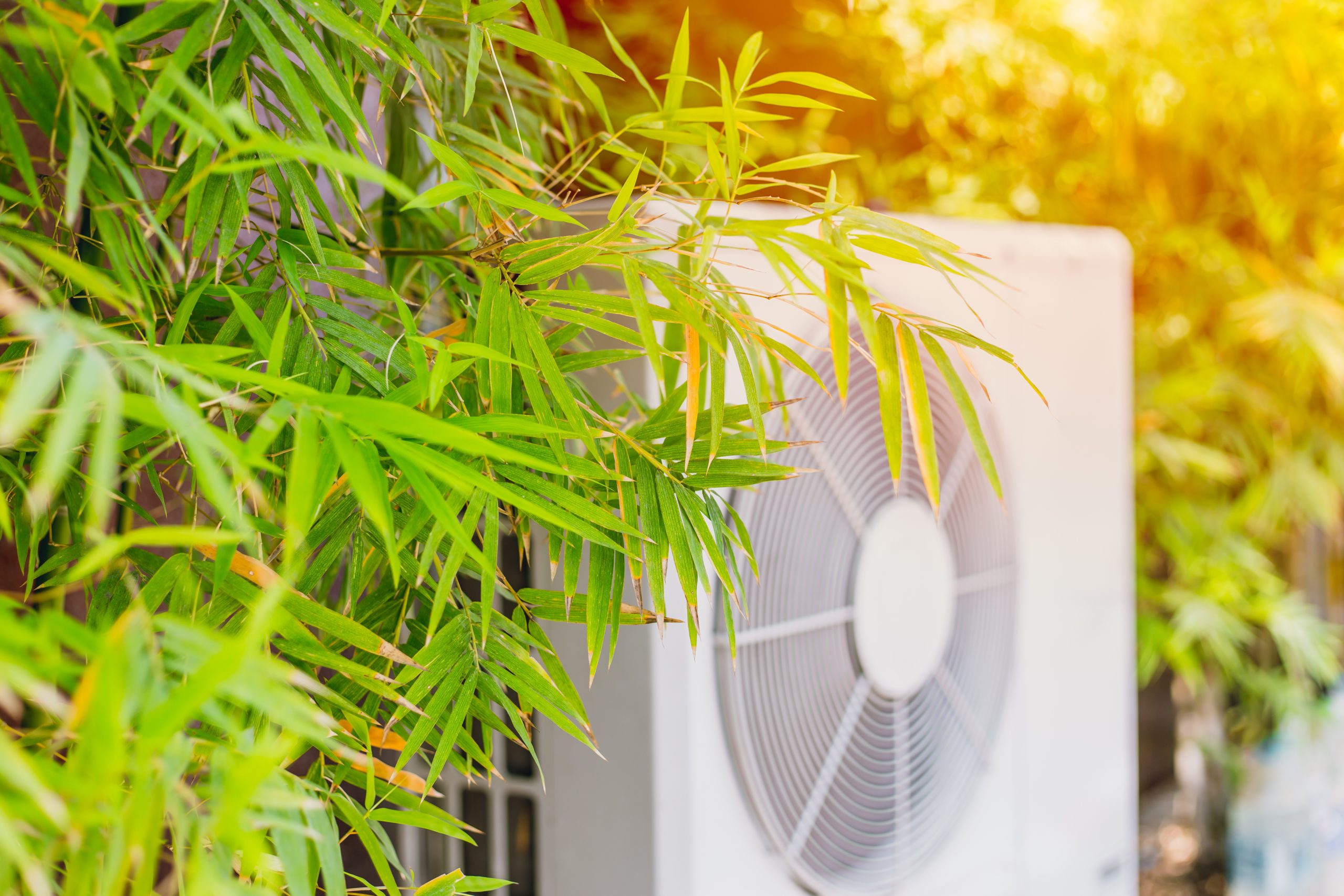
Heating, ventilation, and air conditioning (HVAC) systems are essential for maintaining a comfortable and healthy indoor environment. However, they are also responsible for a significant portion of energy consumption in buildings. According to the U.S. Energy Information Administration, HVAC systems account for almost 40% of the total energy consumption in commercial buildings and 27% in residential buildings. Therefore, it is crucial to implement energy-efficient HVAC systems to reduce energy consumption, save money, and protect the environment.
What is an energy-efficient HVAC system?
An energy-efficient HVAC system is designed to provide the same level of comfort and air quality as a traditional HVAC system while using less energy. There are several ways to achieve energy efficiency in HVAC systems, such as:
- Proper system sizing: An HVAC system that is too big or too small for a building can waste energy and reduce comfort. A properly sized system will ensure that it operates at peak efficiency and provides optimal comfort.
- High-efficiency equipment: HVAC equipment, such as air conditioners, furnaces, and boilers, can vary widely in terms of energy efficiency. High-efficiency equipment uses less energy to provide the same level of heating or cooling.
- Advanced controls: Advanced controls, such as programmable thermostats and occupancy sensors, can help reduce energy consumption by adjusting the temperature and airflow based on occupancy and usage patterns.
- Proper maintenance: Regular maintenance, such as cleaning and replacing filters, can improve the efficiency of HVAC systems and extend their lifespan.
Why are energy-efficient HVAC systems important?
- Cost savings: Energy-efficient HVAC systems can significantly reduce energy bills. According to the U.S. Department of Energy, energy-efficient HVAC systems can save up to 20-50% on energy costs compared to traditional systems. The savings can be even higher in older buildings with outdated HVAC systems.
- Environmental benefits: HVAC systems are a significant source of greenhouse gas emissions, which contribute to climate change. By reducing energy consumption, energy-efficient HVAC systems can help reduce greenhouse gas emissions and protect the environment.
- Improved indoor air quality: Energy-efficient HVAC systems can improve indoor air quality by reducing pollutants, such as dust, mold, and allergens. High-efficiency filters can capture more particles, while advanced controls can improve ventilation and humidity control.
- Increased comfort: Energy-efficient HVAC systems can provide more consistent and comfortable temperatures throughout a building. They can also reduce noise and vibration, which can improve the overall indoor environment.
- Increased property value: Energy-efficient HVAC systems can increase the value of a property, particularly in areas with strict energy codes and regulations. Energy-efficient buildings are also becoming more attractive to tenants and buyers who are looking for sustainable and environmentally responsible properties.
How to achieve energy efficiency in HVAC systems?
- Conduct an energy audit: An energy audit is a comprehensive assessment of a building’s energy usage and efficiency. It can identify areas of energy waste and opportunities for improvement. An energy audit can also help determine the appropriate system size and equipment for a building.
- Use high-efficiency equipment: When replacing HVAC equipment, choose high-efficiency models that meet Energy Star or other energy efficiency standards. High-efficiency equipment can pay for itself in energy savings over time.
- Upgrade controls: Install advanced controls, such as programmable thermostats, occupancy sensors, and demand-controlled ventilation, to optimize HVAC system operation based on occupancy and usage patterns.
- Improve insulation and air sealing: Insulation and air sealing can reduce energy waste by preventing heat loss in the winter and heat gain in the summer. Proper insulation and air sealing can also improve indoor air quality by reducing the infiltration of pollutants.
- Conduct regular maintenance: Regular maintenance, such as cleaning and replacing filters, can improve the efficiency and lifespan of HVAC systems. It can also prevent costly breakdowns and ensure that the system operates at peak efficiency.
- Consider renewable energy sources: Renewable energy sources, such as solar panels and geothermal systems, can be used to power HVAC systems. These systems can significantly reduce energy consumption and greenhouse gas emissions.
- Educate occupants: Educate building occupants on energy-efficient practices, such as turning off lights and electronics when not in use and keeping doors and windows closed when heating or cooling. This can help reduce energy consumption and increase the lifespan of HVAC systems.
Energy-efficient HVAC systems are essential for reducing energy consumption, saving money, and protecting the environment. Implementing energy-efficient HVAC systems can also improve indoor air quality, increase comfort, and increase property value. To achieve energy efficiency in HVAC systems, it is important to conduct an energy audit, use high-efficiency equipment, upgrade controls, improve insulation and air sealing, conduct regular maintenance, consider renewable energy sources, and educate occupants. By implementing these strategies, building owners and managers can create sustainable and energy-efficient buildings that benefit both the environment and the bottom line.
